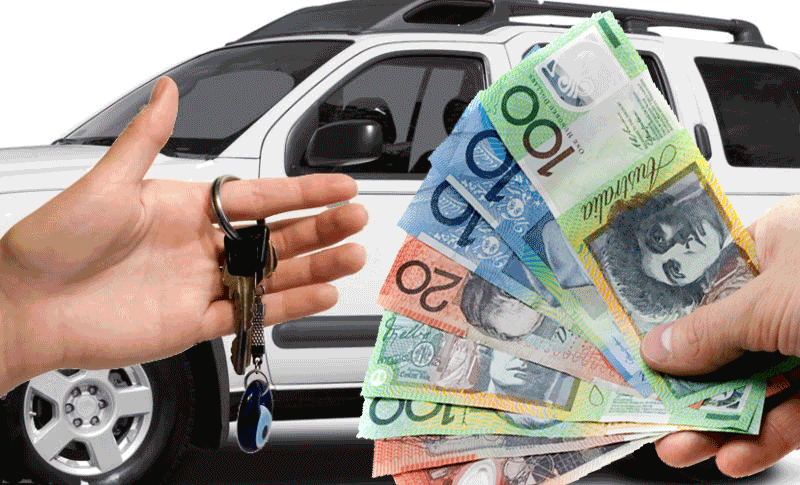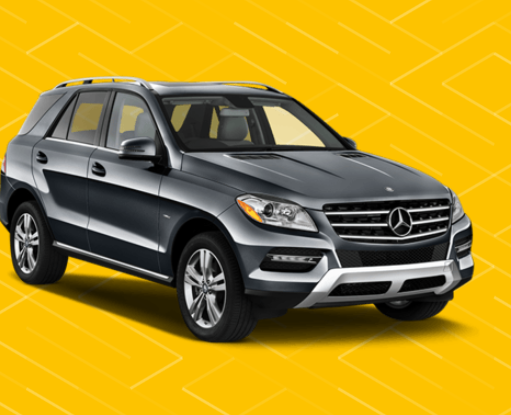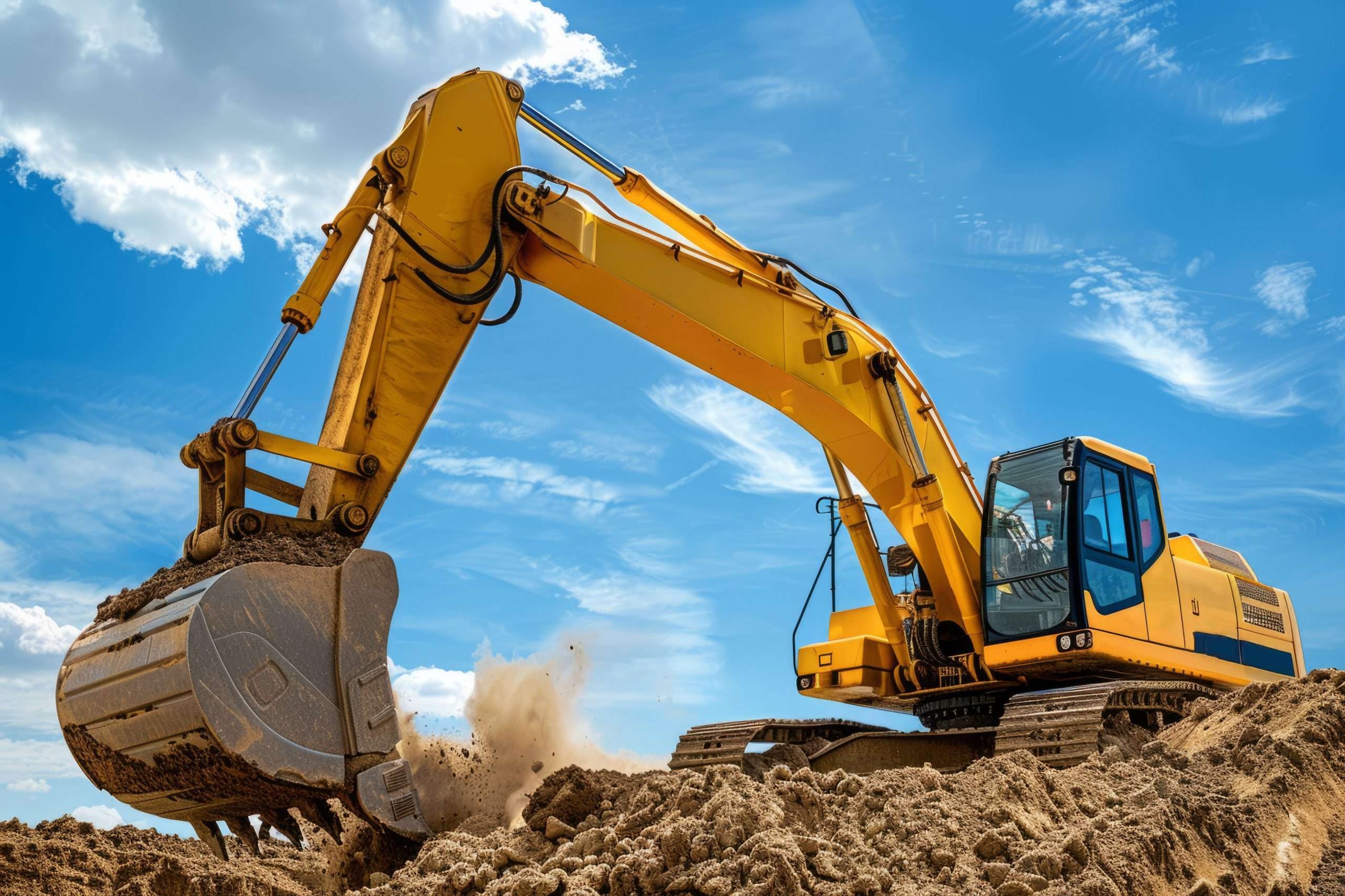Selling a car that won’t start can be challenging, especially when buyers hesitate due to potential repair costs. But you still have options. Whether it’s a dead battery, engine failure, or something more serious, there are ways to turn your non-starting car into cash without wasting time or money. This guide outlines practical steps and considerations to help you sell a car that no longer runs.
Identify The Problem Before You Sell
To sell a non-starting car confidently, you need to know why it won’t start. A mechanic’s diagnosis helps you understand the issue, estimate repair costs, and answer buyer questions. Common causes include:
- Flat or dead battery
- Faulty starter motor
- Fuel system failure
- Engine or transmission damage
Knowing the issue lets you decide whether to sell it as-is or invest in basic repairs to improve value. If you’re unsure, request a mobile mechanic service to inspect the car on-site. Their report adds credibility when negotiating with potential buyers.
Consider Whether Repairs Are Worth It
Minor repairs like replacing a battery or starter might cost under $300 and can make the car run again. But for major engine or transmission issues, expenses can easily exceed $2,000. In many cases, it’s better to avoid high repair bills and sell the car in its current condition.
This is where junk car removal services become helpful. These companies buy non-running vehicles and offer cash without requiring repairs. Some even provide free towing. If the cost of fixing the vehicle outweighs its resale value, this route is often more economical.
Prepare The Paperwork
Even if your car doesn’t start, you still need to provide the right documentation. In Australia, the essential documents include:
- Proof of ownership (such as registration papers)
- Valid driver’s licence
- Notice of Disposal form
- Any service records or logbooks
These details help you transfer ownership and avoid future liability. If you’ve lost the paperwork, contact your state’s transport authority for assistance. Selling without proof of ownership can be risky and is discouraged.
Also visit: https://www.cashforcarssydney.com.au/
Explore Different Selling Options
There are several ways to sell a non-starting car. Each method comes with pros and cons.
1. Private Sale
You can list the car on online marketplaces like Gumtree or Facebook. Be honest about its condition. However, private buyers often seek working vehicles, so interest may be limited. It might take weeks or months to find someone willing to buy a non-starter.
2. Dealership Trade-In
Some dealers accept non-running cars as trade-ins, though offers are typically low. They factor in towing and repair costs. This option works best if you’re buying a new vehicle and want convenience.
3. Car Wreckers and Recyclers
Wreckers Sydney accept vehicles regardless of condition and pay based on salvageable parts or scrap metal value. This route is fast, often same-day, and avoids the hassle of private selling. Most reputable wreckers provide free towing and instant payment upon pickup.
Get Quotes From Specialised Buyers
Don’t accept the first offer. Contact at least 3–4 car removal companies or wreckers for quotes. Mention the make, model, year, and whether it starts. You’ll likely get different offers based on the demand for parts, vehicle condition, and metal weight.
Look for businesses that handle the process legally and offer environmentally friendly disposal. Some top-rated companies in Sydney recycle up to 90% of each vehicle, reducing landfill waste.
Remove Valuable Parts If Selling for Scrap
If you’re selling the car for scrap, you may want to remove reusable components like:
- Car battery
- Tyres and rims
- Stereo system
- GPS or dash cams
You can sell these separately to increase your total return. However, make sure doing this doesn’t void your agreement with the car removal company. Some buyers prefer vehicles intact to streamline dismantling and compliance.
How Much Can You Expect To Get?
The payout for a non-starting car varies. On average in Australia, you can expect:
| Vehicle Type | Estimated Cash Offer (AUD) |
|---|---|
| Small car (e.g., Yaris) | $200 – $700 |
| Mid-size sedan (e.g., Camry) | $500 – $1,200 |
| SUV or 4WD | $800 – $2,000 |
| Old Ute or Van | $500 – $1,500 |
Tips To Speed Up The Selling Process
To sell a car that doesn’t start quickly, follow these best practices:
- Clean the car’s interior and exterior before taking photos.
- Be transparent in your online listing; mention the issue clearly.
- Use keywords like “not starting” or “needs repair” in ads.
- Choose businesses that offer same-day junk car removal.
- Make sure your phone and email are active for quick communication.
Being upfront builds trust and avoids time-wasting negotiations with uninterested buyers.
Why Cash for Cars Sydney Is a Smart Choice
When it comes to selling a non-running vehicle, Cash for Cars Sydney simplifies the process. They offer competitive prices, fast quotes, and free towing across Sydney suburbs. Their licensed team handles all paperwork, ensuring a stress-free experience. Whether it’s an old sedan or a broken-down SUV, they turn unwanted cars into instant cash—no repair costs or long waits involved.
If you’re looking for a dependable solution with professional service, this company stands out in the Sydney market for both convenience and value.
Conclusion
Selling a car that won’t start doesn’t have to be stressful. By diagnosing the problem, preparing documents, and comparing offers, you can confidently choose the best way to sell your vehicle. Whether through private sale, dealership trade-in, or wreckers, options exist even for non-running cars. If convenience and speed matter most, using a trusted car removal service may be the ideal solution.
Explore related car selling guides and tips in our blog section for more insights.






